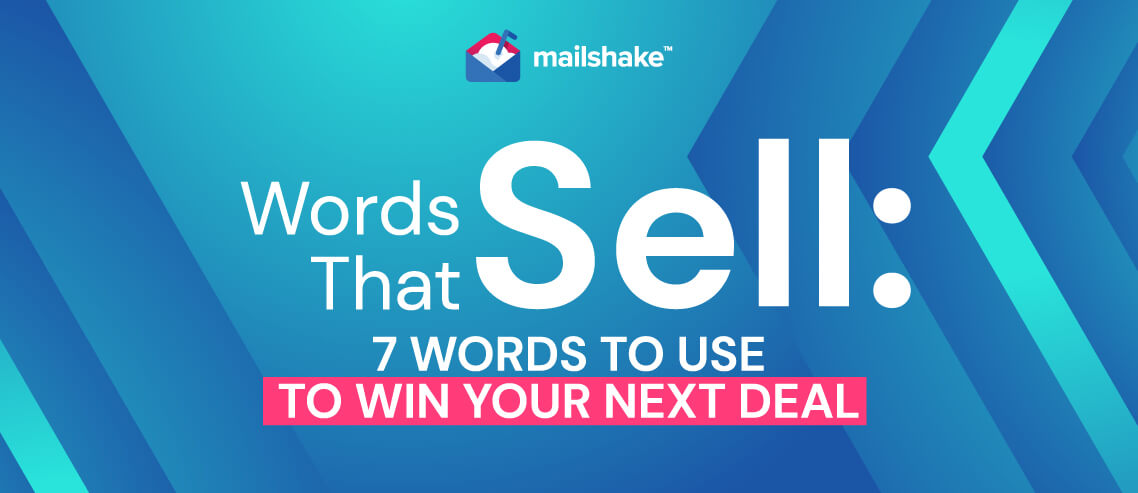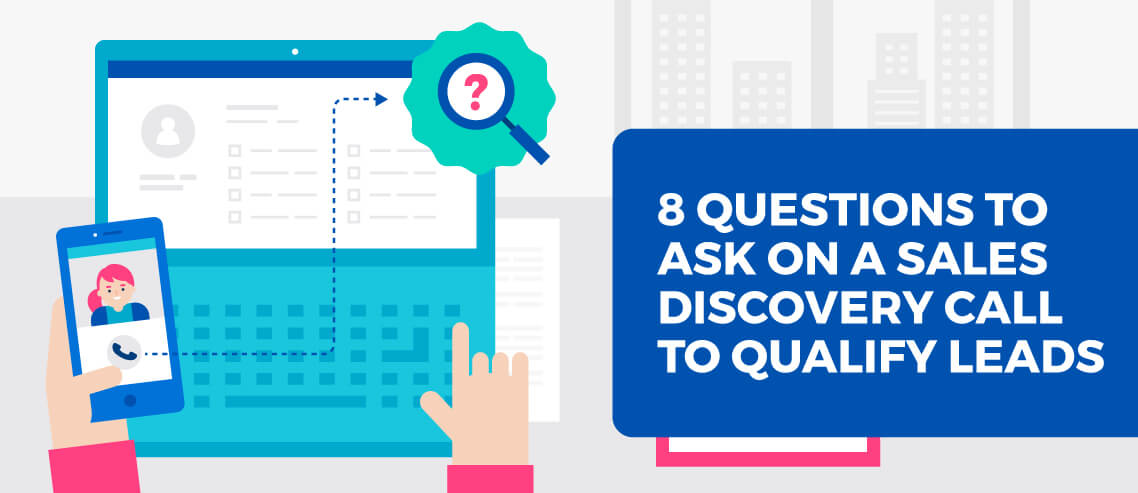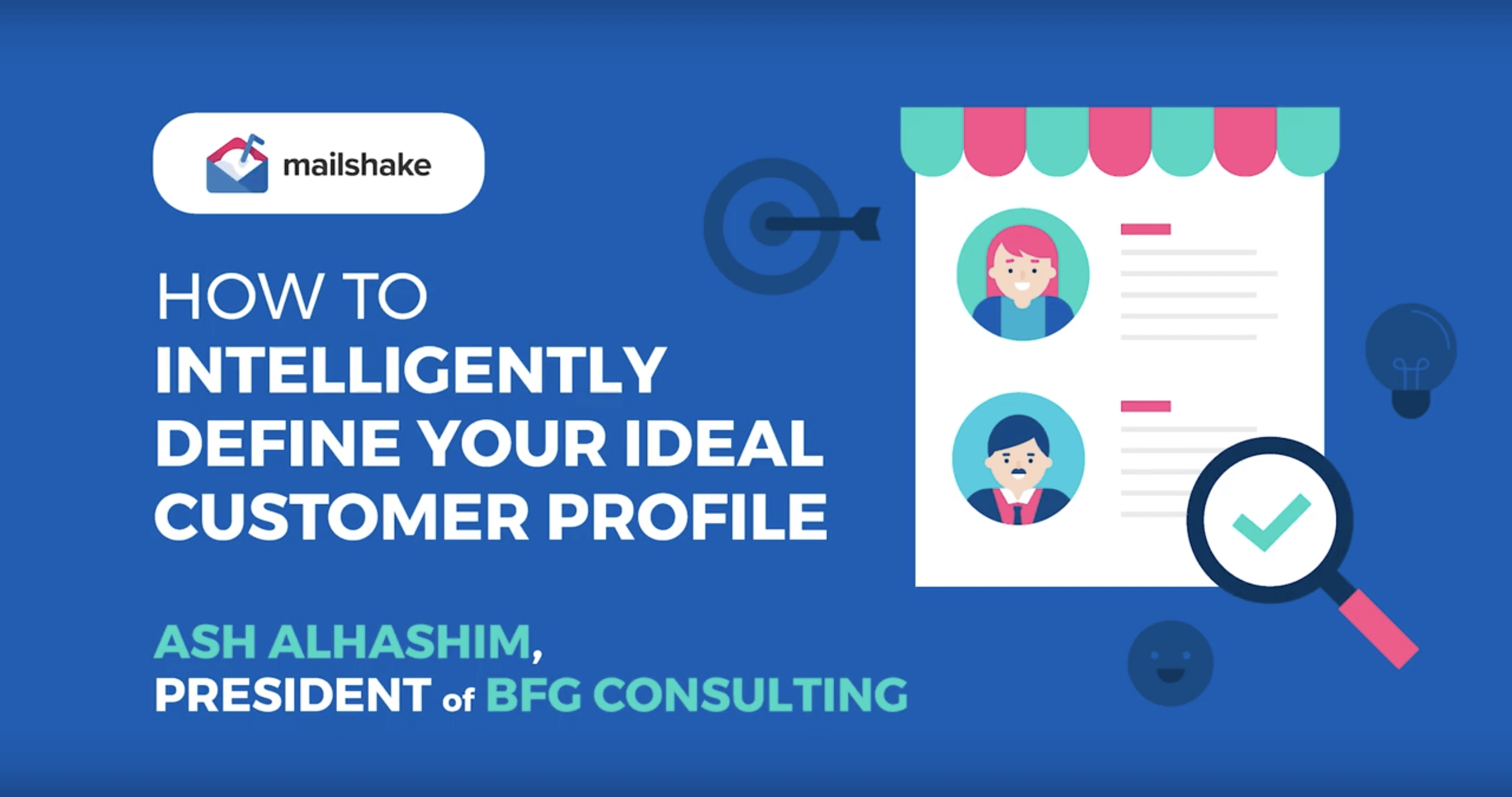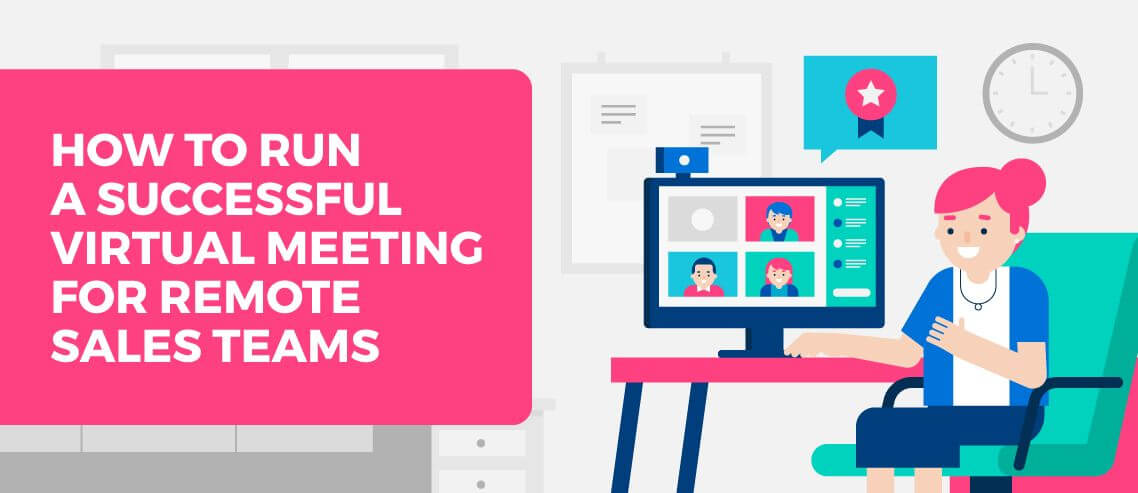Words That Sell: 7 Words to Use to Win Your Next Deal

Contents
Have you ever read an ad and felt compelled to buy what the advertisement was selling, almost immediately?
Words are powerful. They can build, inspire, build enthusiasm, and encourage. Words can shape our beliefs, drive our behavior, and influence our decisions. They can even destroy, making all of your efforts crumble like a house of cards. Simultaneously, they can influence the outcome of a conversation.
When you use the right words in your sales and marketing, people let their guards down, listen to what you have to say, and buy from you. Powerful sales words tap into the customer’s psychology, and the psychology of sales plays a big part in influencing buyers’ decisions and growing your company’s revenue.
7 power words that sell to help you win your next deal
Every salesperson should have these power words in their arsenal. Not only will these words make your messaging better, but they will also connect with your audience and convince them that what your company is selling is the only solution to their problems.
1. You
The most powerful word in your arsenal: You. It’s just three letters, but it packs a punch.
Imagine reading these two taglines from two companies in the same industry:
“Personalizing emails in two minutes.” vs. “Helps you personalize emails to your potential clients in two minutes.”
The first tagline is punchy and powerful but can easily be overlooked because it misses an important element: Personalization.
People like to talk about themselves, think about themselves, and hype themselves. “You” grabs your reader’s attention and helps them imagine using your product or service. It stops your readers from scrolling through your content or ignoring an email. You make an instant connection when your target audience feels that your message is personalized.
“You” can transform dull or boring content (think headlines, landing pages, email subject lines, articles, cold email pitches, etc.) into something engaging, intriguing, and relevant to your reader. It swiftly transforms generalization into personalization. It shows you a brutal truth: that your audience cares about themselves more and not you or your company (unless you add what your company sells to make their lives better).
When writing or engaging with clients, frame your words to show them that the customer is truly powerful. So, “you” is a powerful word that sells. And speaking directly to your customers is the best way to stand out and achieve increased conversions.
Examples:
- 10 Sure-fire Cold Email Marketing Templates To Help You Close 10X Your Current Sales
- We want YOU to ring our gong (Bravado Community newsletter subject line)
- Hey Sean, It was great speaking with you today! I just sent you an email with details about our product. I hope you got the chance to check it out. If it interests you, can I sign you up for a quick demo? Thanks!
2. Why
When you use “why” in your headlines, it signals to readers that you’ve got authentic evidence to back up why your product or service is the best thing that ever happened to them. Using “why” allows you to open up conversations with your readers and give concise and detailed explanations.
Additionally, you can use “why” to tease your readers and make them anticipate the launch or release of a new or soon-to-be-released offering (irrespective of whether they are existing clients or potential ones).
For example, using the headline “Why you need to know about List Cleaner” tells Mailshake’s readers that we know about the service like the back of our hands and can give detailed explanations of why they need to know about List Cleaner and how it can help their businesses too.
Example: Why a Five-Year-Old is More Digital Savvy Than Most CTOs
3. Their Name(s)
Have you ever wondered why you receive a newsletter from your favorite blogger and hurry to open it or immediately open an email from an unknown person because your name was mentioned? Just like “you,” addressing your prospect by their name makes them feel special, connected to you, and shows that they are not just a name you need to tick off your checklist.
Addressing prospects by their names grabs their attention quickly, arouses their curiosity, and opens room for further engagement. So, the next time you want to make prospects feel that your presentation is specifically customized for them, address them by their names.
Example: Kate, forgot something? Here’s 20% off.
4. Because
Another powerful word that sells is “because.”
Why?
Because “because” is one of the best persuasive words ever said.
Psychologically, you want your reader or a prospective client to do something for you – but you can’t just straight out ask them to do it. So, what do you do? Use “Because” to tell them why they need to do what you want.
Ever wondered how powerful “because” is? Let’s take a little trip through history.
In 1977, social psychologist Ellen Langer and her research team at Harvard University conducted a study (known as the Copy Machine Study) that would forever change the understanding of human behavior.
Someone on the research team would intentionally cut in a line of people waiting to use the photocopiers at the library and would look at the person and ask them one of the following three questions:
Question 1: “Excuse me, I have five pages. May I use the Xerox machine?”
Question 2: “Excuse me, I have five pages. May I use the Xerox machine because I’m in a hurry?”
Question 3: “Excuse me, I have five pages. May I use the Xerox machine because I have to make copies?”
The third question doesn’t really make sense. Using “because I want to make copies” is a somewhat useless reason since everyone on the line waiting to use the photocopier wasn’t there to take selfies or have a chit-chat. They were there to make copies. While the phrase was nothing new, the researcher used “because” to justify needing the favor.
The results of the study were surprising. After analyzing the data, they found the following:
Question 1 had 60% of people allow the researcher to skip the line and make copies.
Question 2 saw 94% of people allow the researcher to skip the line and make copies.
Question 3 recorded 93% of people allowed the researcher to skip the line and make copies.
What does this study show?
It reiterates the fact that much of what we do as humans is automatic. People are more likely to give in to requests or do someone a favor whether the reasons offered are ridiculous or real. The copy machine study reinforces that if you want something, give a reason.
It’s no surprise why Robert Cialdini, popularly known as the “Godfather of Influence,” notes in his bestselling book Influence that “A well-known principle of human behavior says that when we ask someone to do us a favor we will be more successful if we give a reason. People simply like to have reasons for what they do.”
Summarily, people will take action if you ask them to, but you’re likely to get more positive results if you tell them why they need to take action. And that’s the power of “because.”
5. Imagine
Selling isn’t about rattling off what your company does or explaining your products and the benefits it offers to potential clients. Sales is also about storytelling, especially if you want to improve your win rates. Selling is about weaving stories that go deeper, being vulnerable, real, and showing that you care about people. Great stories are rooted in human stories and told through the lens of a person.
People don’t care about your company or companies. They care about (other) people, and they want to see themselves reflected in your company’s foundation, the reason for establishment, and what you stand for.
Using “imagine” when talking to prospects puts them in control of the conversation and helps them visualize how their lives become better by using your product.” “Imagine” reiterates empathy, which is what many potential customers want to see or hear from salespeople. They want to hear and know that you empathize with the challenges they’re facing, and it helps you smoothly tie it to imagining how their lives or processes can be better by using your product to solve their challenges.
Stories stick in people’s minds more than right-off-the-bat sales messaging. Weave them!
Examples:
- Imagine taking your business from meh to OMG!!!
- Imagine not wasting time deleting inactive subscribers manually with Mailshake’s List Cleaner!
- Imagine not spending extra money on hiring VAs to delete inactive subscribers once you start using Mailshake
6. Solution
What customers want to hear is that there is a foolproof, air-tight assurance for them or their businesses. This is only possible when you use “solution.”
Potential clients are bound to ask questions about product values, delivery dates, etc. while you’re showing them a demo or pitching your product. A great salesperson confidently explains the positive results they’ll get by providing “the solution.”
Examples:
- The only solution you need to achieve measurable ROI
- What if I told you there’s a sure-fire solution to increasing your open rates by 121%?
7. Guarantee
Let’s turn the tables here for a minute: Imagine walking into a store to buy an item, and the salesperson guarantees you 100% success and quality. How would you feel? Secure, right?
You bet!
Now, let’s turn the tables back again. Quality, authenticity, and a heartfelt feeling are what customers earnestly look for when making a purchasing decision. Using a powerful word such as “guarantee” can quickly quell whatever doubts they have, replace them with a sense of security, and might even make the customer immediately take the action you want them to.
“Guarantee” doesn’t just build relationships with your customers and inspire trust, but it also signals to your prospects that you firmly stand behind and unflinchingly believe in your product and its benefits.
Examples:
- We guarantee you’ll achieve an 85% open rate in 1 month.
Factors that boost the effectiveness of power words in sales
Powerful sales words evoke emotions and are necessary for sales interactions. To get the most out of these words, keep the following factors in mind when dealing with customers:
A sense of urgency
Scarcity/urgency is commonly used to trigger anxiety and the fear of missing out (FOMO). It makes customers act quickly by buying what you are selling.
Emotions (happiness, fear, sadness, and anger)
Since people like good news, happiness leads to more social sharing and likability. Sadness, on the other hand, leverages emotional marketing to achieve generosity and altruism.
It’s why charity organizations display pictures of poor, malnourished children and abused animals. Fear makes people cling to what they already know and see your brand as a safety net instead of treading into the unknown. Finally, anger and distrust are used for creating buzz or generating brand awareness, but can provoke positive reactions if used properly. Brands can use anger against their competitors by tapping into consumer pain points and then, offering their products as the best solution.
Exclusivity
Words like “members only,” “become an insider,” “be the first to hear about it,” and “exclusive offers” make your prospects feel like being a member of a club with membership restrictions. Not only does it psychologically make potential clients feel like your product is something they should aspire to own, but it also fulfills their need to belong and fans the flames for the need for achievement.
Final Thoughts
“How you sell matters. What your process is matters. But how your customers feel when they engage with you matters more.”
Tiffani Bova
Words are one of the powerful ingredients that make us human—the ability to communicate, to persuade them to whip out their wallets faster than you can even engage with them. These power words that sell work because they are persuasive and can give you positive results. They make your prospects feel seen and heard, which makes them feel good and trust you—essential traits necessary to build relationships with prospects and close sales.





